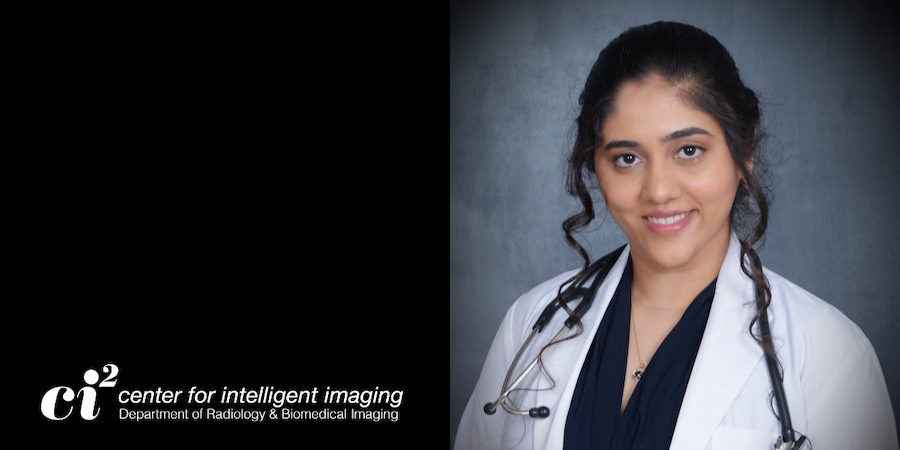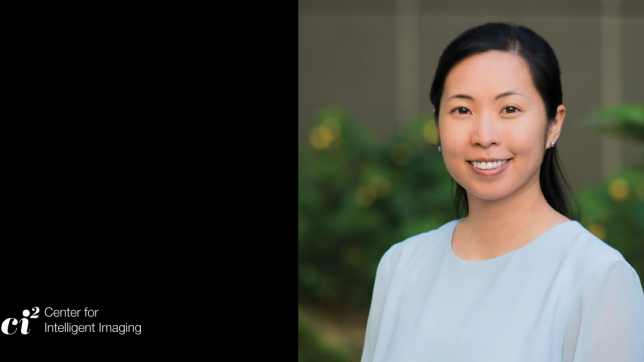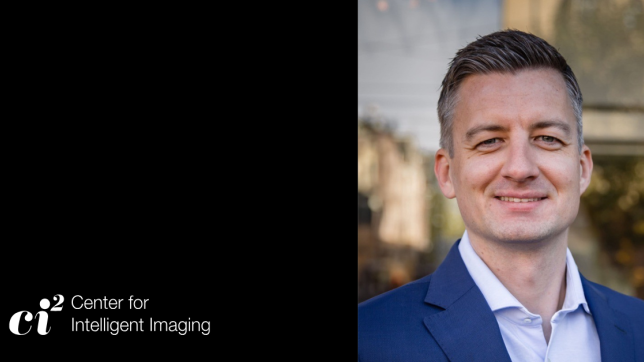New research from teams including investigators from UC San Francisco's Center for Intelligent Imaging (ci2) found that steroid injections — a common treatment for joint pain — can actually worsen knee arthritis. Osteoarthritis is the most common form of arthritis and more than 10% of patients with knee osteoarthritis seek treatment through corticosteroid (CS) or hyaluronic acid (HA) injections.
The long-term effect of joint injections on osteoarthritis progression has been heavily debated. To better understand the possible effect, researchers at UCSF, including ci2's Upasana Upadhyay Bharadwaj, MD, conducted a case-control study. The investigators compared the progression of osteoarthritis in patients receiving CS injections, patients receiving HA injections and control patients by utilizing Magnetic Resonance Imaging (MRI) data from the Osteoarthritis Initiative.
The study relied on data from 210 Osteoarthritis Initiative participants whose knees were imaged at baseline and at 48-months. Of the participants, 70 had received injections (44 with CS, 26 with HA) and 140 were control. The MRI scans were assessed using whole-organ magnetic resonance imaging score (WORMS), a knee osteoarthritis grading system.
Statistical analysis showed that corticosteroid knee injections were significantly associated with the overall progression of osteoarthritis in the knee. Hyaluronic acid knee injections were not significantly associated with the progression.
"This is the first direct comparison of corticosteroid and hyaluronic acid injections using the semi-quantitative, whole organ assessment of the knee with MRI," said Dr. Bharadwaj in a feature by the Radiological Society of North America (RSNA). The study was featured widely in the news media, including on NBC News.
The study "helps patients make a more informed choice about if they want an injection and, if they do, which injection might be most suitable for them," said Dr. Bharadwaj.
Dr. Bharadwaj is a T32 research fellow at the UCSF Department of Radiology and Biomedical Imaging. The study co-authors include Thomas Link, MD, PhD, UCSF Radiology professor and chief of musculoskeletal imaging, Gabby Joseph, PhD, a specialist at UCSF Radiology, John Lynch, PhD, a specialist in the UCSF Department of Epidemiology and Biostatistics, Zehra Akkaya and Paula Giesler.
Read more about research and news at ci2 on our blog.




